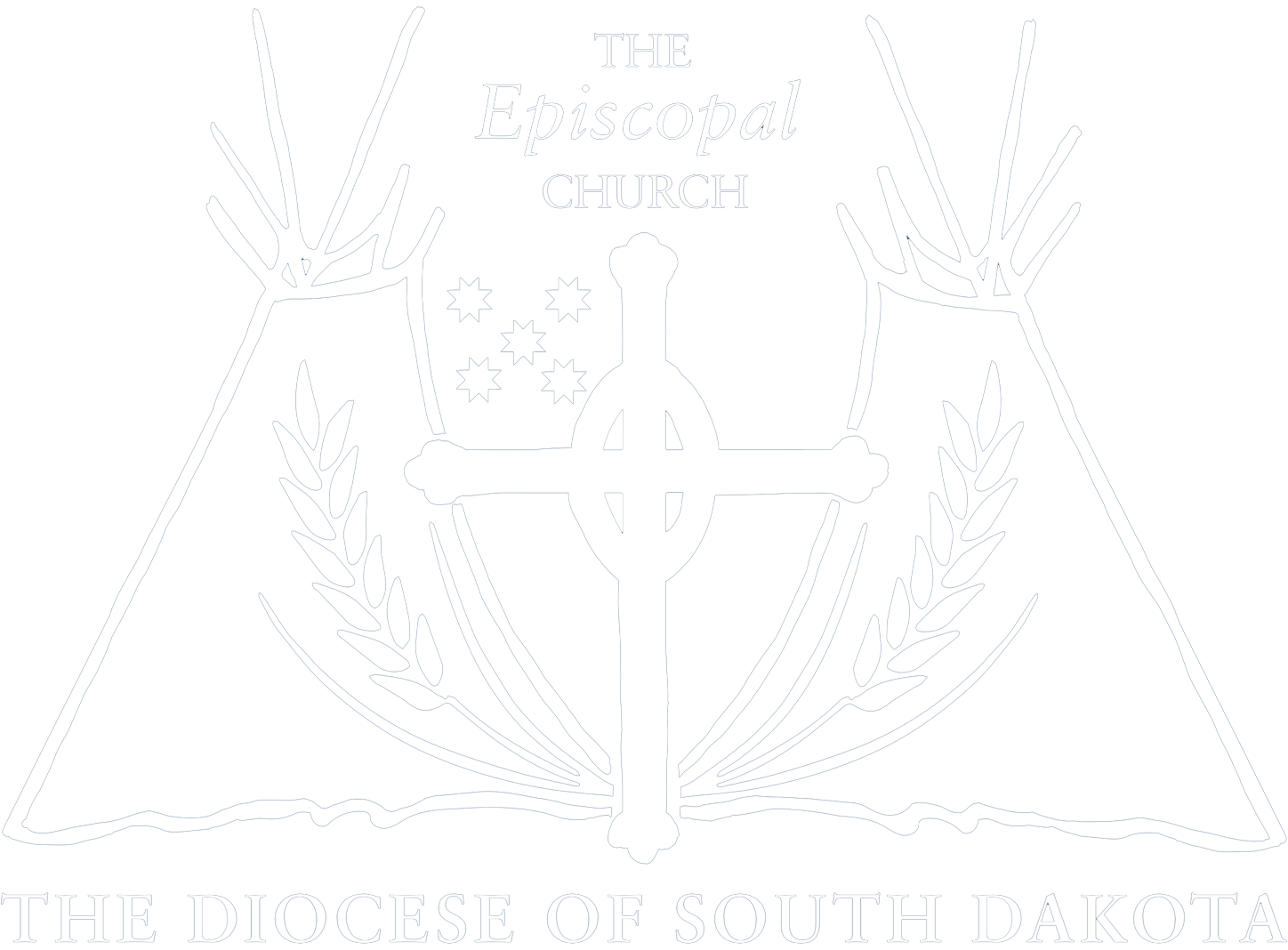[Episcopal News Service] The General Convention legislative committees on Prayer Book, Music and Liturgy heard testimony on April 27 on several resolutions, including one that offers options for churches to adjust portions of the Good Friday liturgy that many say could risk fueling antisemitism. Another resolution calls on the church to make clear to its members that the biblical references to Israel are not synonymous with modern Israel’s national boundaries.
This is not the first time General Convention has been asked to look at these issues. In 2022, several resolutions dealing with perceived antisemitism in Episcopal Church liturgies in general, and in the Good Friday service in particular, were proposed, and consideration of alternative Good Friday liturgies goes back even further. In addition, two 2022 resolutions speaking out against Christian Zionism also were considered.
In advance of the 81st General Convention, Resolution A115 proposes changes to the readings and solemn collects of the Good Friday liturgy as they appear in the Book of Common Prayer.
Richard Pryor, an alternate deputy from Ohio, told the committees that he had previously sponsored these changes in 2022 via Resolution D058, which also would have suggested, at local discretion, the use of “the Judeans” as a more accurate and less inflammatory rendering in the Gospel of John for “the Jews” in the sections read on Good Friday.
His mother, a faithful Episcopalian, no longer attends services on Good Friday, he said, because of the “steady drumbeat” of the repetition of blame against “the Jews, the Jews, the Jews” in John’s Gospel.
The proposed changes to the Good Friday liturgy in A115 would provide Ephesians 1:3-14 as an option to the current requirement of Hebrews 4:14-1616; 5:7-9 for the Epistle reading. It also would allow use of either the full reading from John’s Gospel – 18:1-19:42 – or just chapter 19.
It also would add a new “solemn collect” that prays for the Jewish people, noting that “by the grace of their eternal covenant with God” they were delivered from bondage into freedom. Additional sections pray for Jewish people’s “safety from all malice and harm” and for their “liberation from all forms of antisemitism and hatred.”
The Rev. Daniel Joslyn-Siemiatkoski, director of Boston College’s Center for Christian-Jewish Learning, told the committees that he began working on these changes in 2019, with the encouragement of Texas Bishop Andy Doyle, when he was on the faculty of the Seminary of the Southwest in Austin, Texas. He suggested to the committee that a provision be made to allow the person presiding to substitute “the Judeans” for “the Jews,” an English translation he called “equally literal” from John’s Gospel. He also urged people to look at language options provided by translations of the Contemporary English Version, as well as the Common English Bible and the New International Version.
The difference between ancient and modern Israel is the focus of Resolution A110, which calls on General Convention to make clear distinctions in Episcopal Church liturgies, hymnody and teachings between the Bible’s use of “Israel” and Israel as a nation state. The resolution, which was proposed by the Standing Commission on Liturgy and Music, says that conflating the two “reinforces the deceptive theology of Christian Zionism.”
The explanation provided with the resolution states, “Modern Israel and Biblical Israel are two distinct entities, separated by thousands of years of history and significant geopolitical changes” and that the two “exist in completely different historical, cultural, and geopolitical contexts, with vastly different political and social systems.”
According to the U.K.-based Religion Media Centre, Christian Zionism not only believes that the Jewish people have a God-given right to return to Israel but also sees Jews today as the descendants of biblical Israelites, whose return to Israel is viewed as the prerequisite for Christ’s return to earth.
The Rev. Sidnie White Crawford of the Diocese of Bethlehem and a visiting professor of the Bible at Princeton Theological Seminary told the committees that this resolution could be a “teaching moment” for The Episcopal Church. In the Old Testament, Crawford said the term “Israel” refers to a people, a territory, a kingdom and the ancestors of the Israelites. On the other hand, “the state of Israel is a political entity established in 1948 by the United Nations, and its citizens are Israelis.”
The Episcopal Church needs to make clear, she said, that it understands that “passages in Scripture that refer to Israel do not necessarily, nor should they be taken to, refer to the modern state of Israel.” The church also needs to work to combat the doctrine of Christian Zionism.
The above photo is from the AP.
The Episcopal Church’s silence about Christian Zionism means that “our hymns and Bible get highjacked into a theology that by divine mandate supports the current state of Israel in all its actions,” the Rev. Cliff Cutler of the Diocese of Pennsylvania said in support of the resolution. “Now is the time for the church to break its silence, to offer clarity on the current vs. ancient state of Israel and renounce the influence of Christian Zionism.”
A separate resolution, D006, rejecting Christian Zionism is under consideration by General Convention’s Social Justice & International Policy committees.
The Prayer Book, Music and Liturgy resolutions will be considered by those committees in a future meeting. Legislative committees include parallel committees of deputies and of bishops, which, though distinct, typically meet and deliberate together. After the committees act, the resolutions will be considered by the 81st General Convention when it meets in Louisville, Kentucky, June 23-28.
—Melodie Woerman is a freelance reporter based in Kansas.

